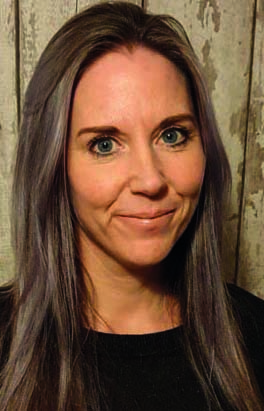
 Becky Watanbe: ‘There’s always lots of sharing of ideas, with the amount of support depending on the situation’
Becky Watanbe: ‘There’s always lots of sharing of ideas, with the amount of support depending on the situation’
What does your role involve?
‘My main area of focus in the nurseries is quality of care for both children and staff and looking at areas such as supporting staff with observations, EYFS curriculum planning – really anywhere support is needed. I am also one of Acorn’s mental health first-aiders, as well as devising and delivering early years training courses across the country.
How we work together…
‘I work alongside Kim and Laura Tingey, our head of early years, with each of us working to our strengths to benefit specific situations.
Register now to continue reading
Thank you for visiting Nursery World and making use of our archive of more than 35,000 expert features, subject guides, case studies and policy updates. Why not register today and enjoy the following great benefits:
What's included
-
Free access to 4 subscriber-only articles per month
-
Unlimited access to news and opinion
-
Email newsletter providing activity ideas, best practice and breaking news
Already have an account? Sign in here
